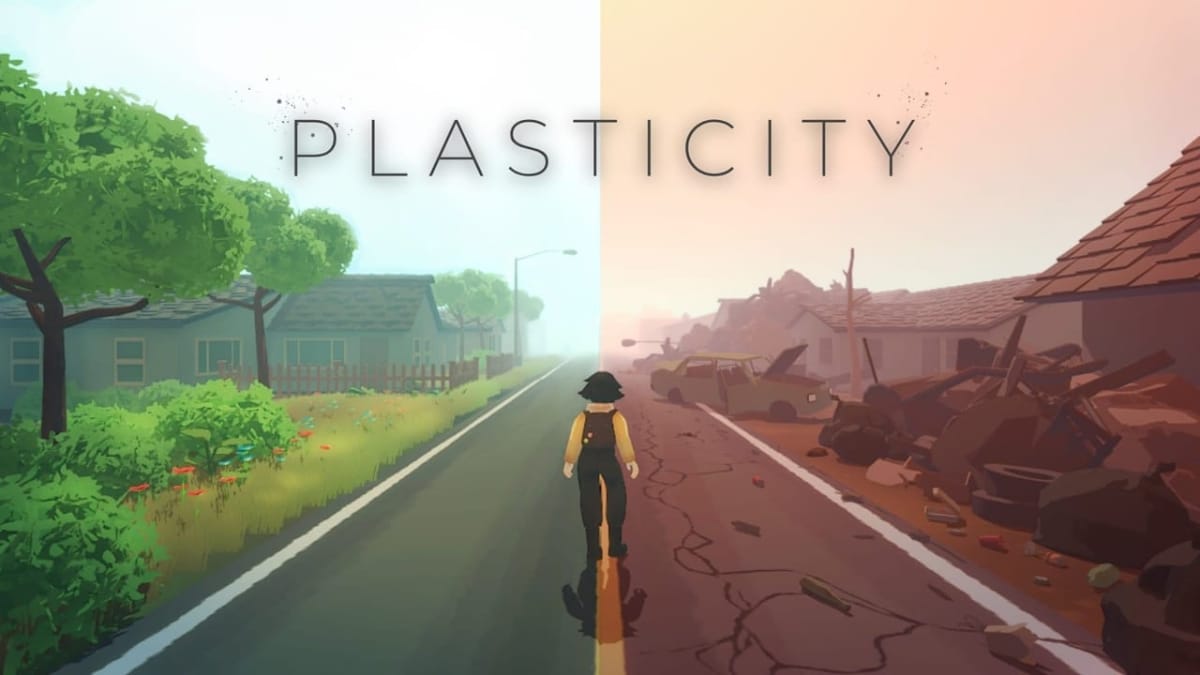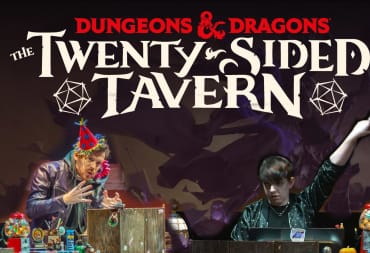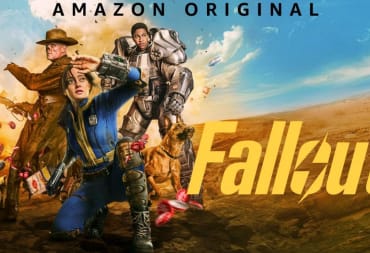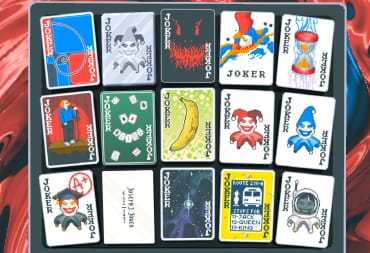You won’t often see educational games covered in the media, and often for good reason. After all, a game that teaches you about math or a foreign language can only appeal to so many people. Plasticity, though, sets itself apart by teaching an important lesson about the Earth itself: sustainability. In just a half hour, the game walks you through a series of choices that help you see the impact rampant plastic use can have on the environment. By the time credits roll, game director Aimee Zhang and her team hope you’ll give your use of plastic more thought.
On the whole, Plasticity is a straightforward puzzle-platforming experience. The world doesn’t challenge you with overly complicated puzzles or difficult pitfalls. Choices and story beats punctuate the moments of light platforming. For example, you’ll walk by some birds caught under some plastic netting. You can choose to free them or keep on walking, and the consequences of your actions become apparent toward the end.
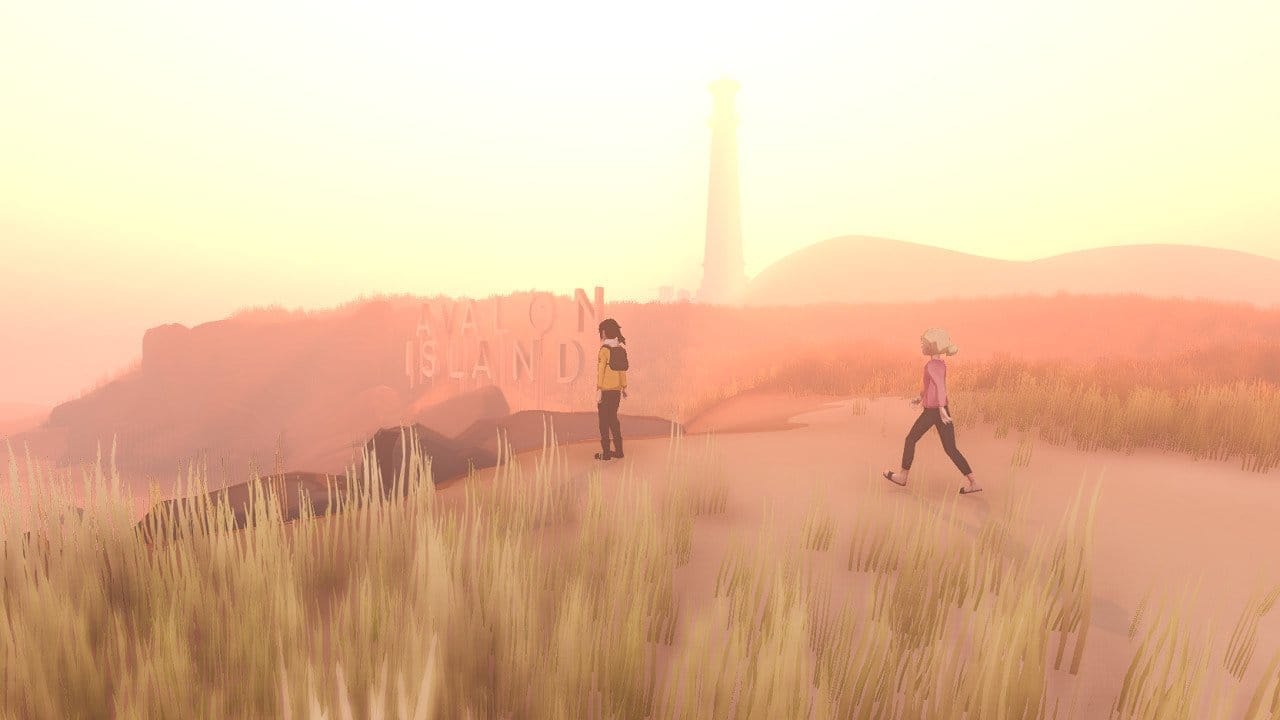
The aesthetic feels reminiscent of a Studio Ghibli film, and the soundtrack matches. In essence, Plasticity exudes this inviting atmosphere, despite the drab, dreary future it paints. Trash litters this world set in 2140, and sea levels seem to have risen. Yet, that bleak future is what Zhang’s team wanted to push. It really drives home the point that they wanted to make.
“Even if it's this bad, it's never too late to do the right thing, and it'll never be too late to have a positive impact on our world,” she said.
Plasticity’s simple gameplay works in its favor, as the easy access lets its message shine clearly. After all, that was the intent of Zhang and her team. She and lead designer Michelle Olson drafted the game after learning about plastic’s effect on the planet. At the end of the day, they hope to raise awareness for this issue.
“We were really inspired and moved to make something that could inspire others to care about animals and the environment,” she said.
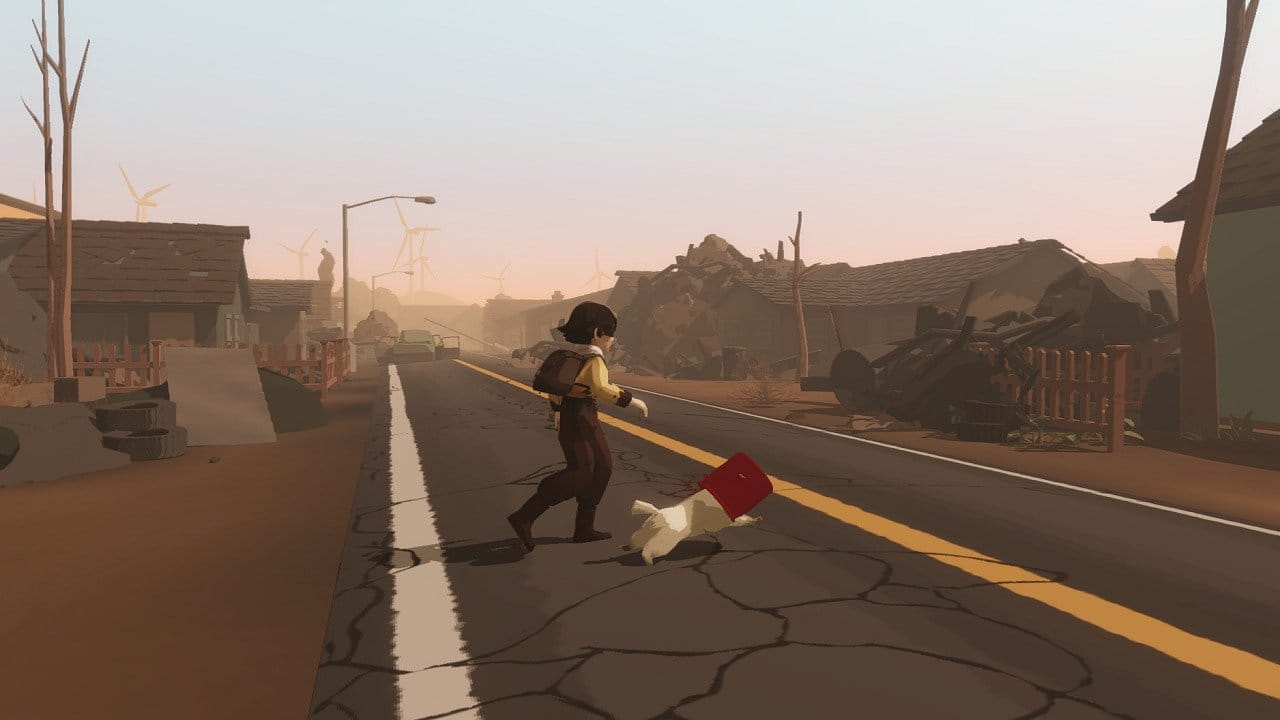
Plasticity was developed across nine months of work from 30 students, some of whom attended University of Southern California. Others worked remotely and didn’t meet everyone else until some of the last few weeks of development. At first, Zhang had grand visions of the scope Plasticity could achieve. In her mind, the game’s final form would include four full hours of gameplay and many new environments and endings. Thanks to the harsh reality of balancing school work with development, they ended up with a 30-minute title that had four endings. Nonetheless, the team is proud of the work they’ve done.
“We didn't have enough time. But I think for what the game is and how much time that we had, I'm so proud of my team,” Zhang said. “It wouldn't have been possible without any of them. We're all really happy with it.”
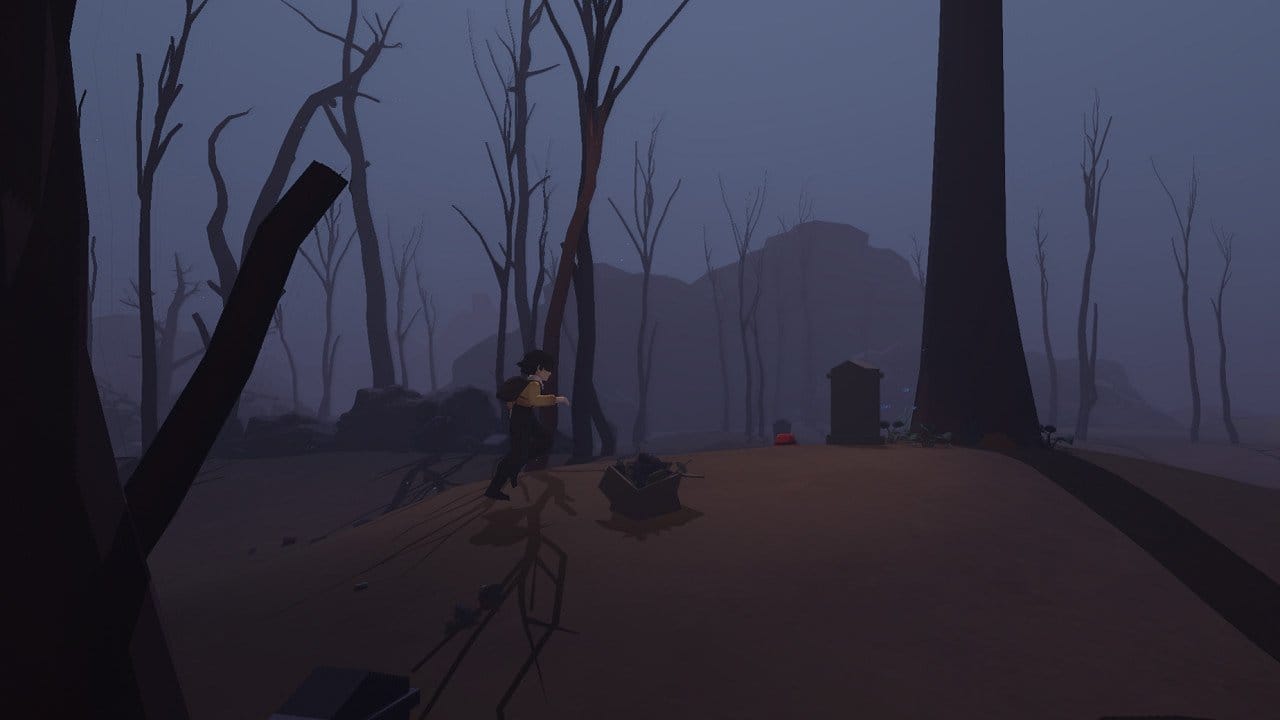
Zhang hopes to share Plasticity with school-aged children to spread the teachings of environmental sustainability. Considering its accessible gameplay and charming narrative, the game is fairly easy to pick up. The shorter runtime also makes it easily digested. Essentially, it's the perfect vehicle to teach such an important lesson to young kids.
“One thing that we did when we were in school was playtest this with various primary and secondary schools in the U.S. and Canada,” Zhang said. “So girls as young as seven years old could play this and get through it and learn about sustainability in a safe way.”
Since its launch on Steam in May, the game received a respectable reception, garnering a “mostly positive” rating. When I spoke with Zhang during E3 this year, the team passed 18,000 downloads. Just a week later, that number bumped up to 20,000. Before release, the team had a few reservations about public reception. With Plasticity’s stance on environmental awareness, they had “nightmares” about the game being attacked or review bombed. Still, the team pushed forward, thankfully to a welcoming global fan base. Now, the team is looking to localize Plasticity in other languages, like Chinese, Spanish, and German.
“I think the biggest thing for this game was that we had a message we wanted people to hear and to resonate with,” Zhang said. “That was really scary to do and put up on Steam, but I feel really good about it. Me, Michelle, and the whole team just really wanted to do it, so we did.”
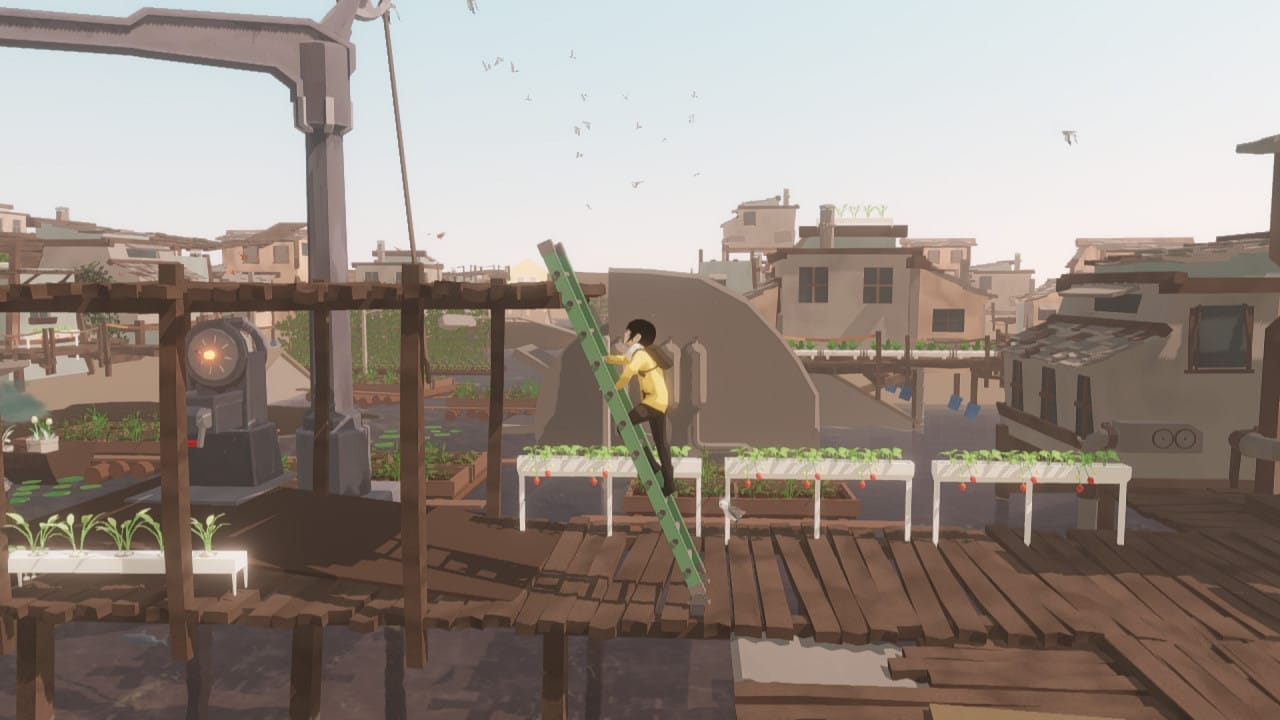
It’s worth noting that out of the 30 people who worked on Plasticity, many of them are women and non-binary people. Some are also people of color. And all of them share one common goal: making the world a better place however they can.
“All of us are really inspired to work on games that can make the world a better place, and we've already been talking about another project we can do together,” Zhang said. “Although we still need to graduate school, you can expect more projects and games from us in the future.”
Plasticity is available right now on Steam for free.
Have a tip, or want to point out something we missed? Leave a Comment or e-mail us at tips@techraptor.net
